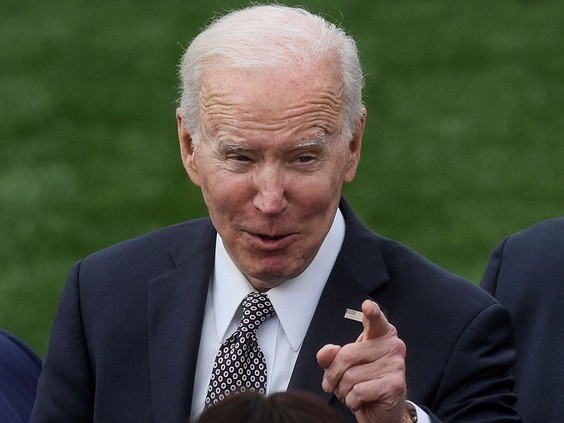Facing the Flaws of the UN Security Council
The world is paying close attention to the fact that the U.N., established in the aftermath of World War II, has been unable to fulfill its primary duty to prevent war. “Are you ready to close the U.N.?” Ukrainian President Volodymyr Zelenskyy appealed to the U.N. at a Security Council meeting, calling for reforms in the international body, which has not moved to stop the aggression.
Since the invasion began, the Security Council has met more than 10 times but has not adopted a legally binding resolution even once. Russia vetoed a resolution to condemn the actions of Russia presented by the United States and other nations. A resolution led by France and other nations addressing the humanitarian crisis also was also rejected. A resolution condemning Russia was passed, though by the U.N. General Assembly rather than by the Security Council.
Although it is meaningful to demonstrate consensus within the international community, there are limits to the pressure that can be put on Russia. The U.N. Security Council guarantees a permanent position on the council to the five victorious nations of World War II: the U.S., the U.K., France, China and Russia. These nations have the right to veto resolutions introduced to the Security Council. This is because both cooperation and the “principle of unity among world powers” are important in order to maintain world peace.
But, because nations repeatedly utilize their veto in connection to their nation’s own interests, there have been strong calls for reform of the Security Council. Japan, Germany, Brazil and India have jointly submitted reform proposals twice, so far, to expand the number of permanent and non-permanent members. On the other hand, permanent members are reluctant to hand over things that benefit them.
Also, although the U.S. has indicated understanding regarding Ukraine’s discontent, it has expressed a negative attitude toward changing the status quo, saying that it doesn’t think Russia’s position will change. It should be acknowledged that the Security Council’s fundamental reason for existing is on shaky ground.
Prime Minister Fumio Kishida has also indicated a desire to reform the United Nations, referencing constraints on the right of veto and the necessity of “a new framework for the international order.” Japan needs to play a leading role in U.N. reform in cooperation with the many countries and international voices calling for the prevention of war.

